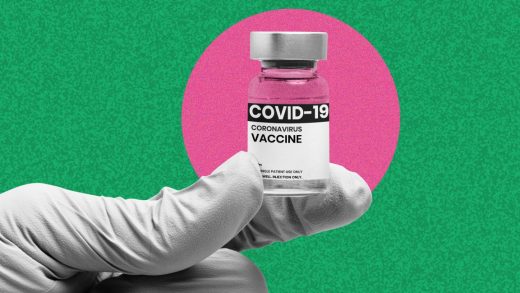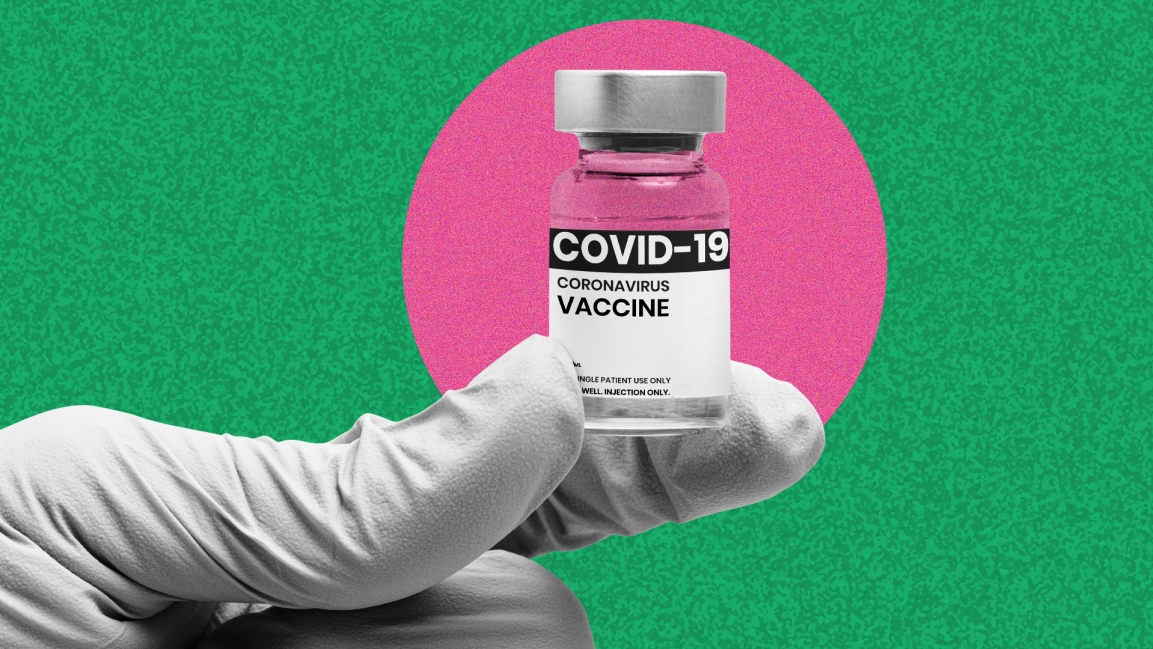What makes Johnson & Johnson’s COVID-19 vaccine different? We break it down
Many COVID-19 vaccines have name brands attached them, but one of them has drawn a lot of attention lately. Johnson & Johnson released data from its global Phase 3 clinical trial today. Here’s what to know:
Why is this vaccine special?
Unlike the Pfizer-BioNTech and Moderna vaccines, this one requires one dose, not two. This is significant amid concerns that people might not come back on time—or at all—for the required second injection of a two-shot vaccine.
“The potential to significantly reduce the burden of severe disease, by providing an effective and well-tolerated vaccine with just one immunization, is a critical component of the global public health response,” Dr. Paul Stoffels, J&J’s vice chairman of the executive committee and chief scientific officer, said in a written statement today. “A one-shot vaccine is considered by the World Health Organization to be the best option in pandemic settings, enhancing access, distribution and compliance.
Yeah, but how effective is it?
J&J’s vaccine was shown to be 85% effective against severe COVID-19 and 66% effective overall. That’s not quite as effective as the more than 94% seen in the two-shot vaccines. Moreover, when the data is broken down by country, its efficacy rate ranges from 72% in the United States to just 57% in South Africa, where a new COVID variant, B.1.351, is behind most cases.
So it’s not as good?
Not so fast. Another big advantage of the vaccine made by Johnson & Johnson is that it doesn’t have to be kept in freezers. The New Brunswick, N.J., pharmaceutical giant anticipates that the vaccine can remain stable for two years at -20 degrees Celsius, at least three months of which can be at 2-8 degrees Celsius. This makes it easy for supply chain logistics, such as transportation and storage. Johnson & Johnson said it would ship the COVID-19 vaccine using the same cold-chain methods it uses for other types of medicines.
What happens next?
The Food & Drug Administration is expected to review J&J’s full data next month, after which it could grant an emergency use authorization, according to ABC News. The company has said it could have 100 million doses ready by the end of June.
(15)



